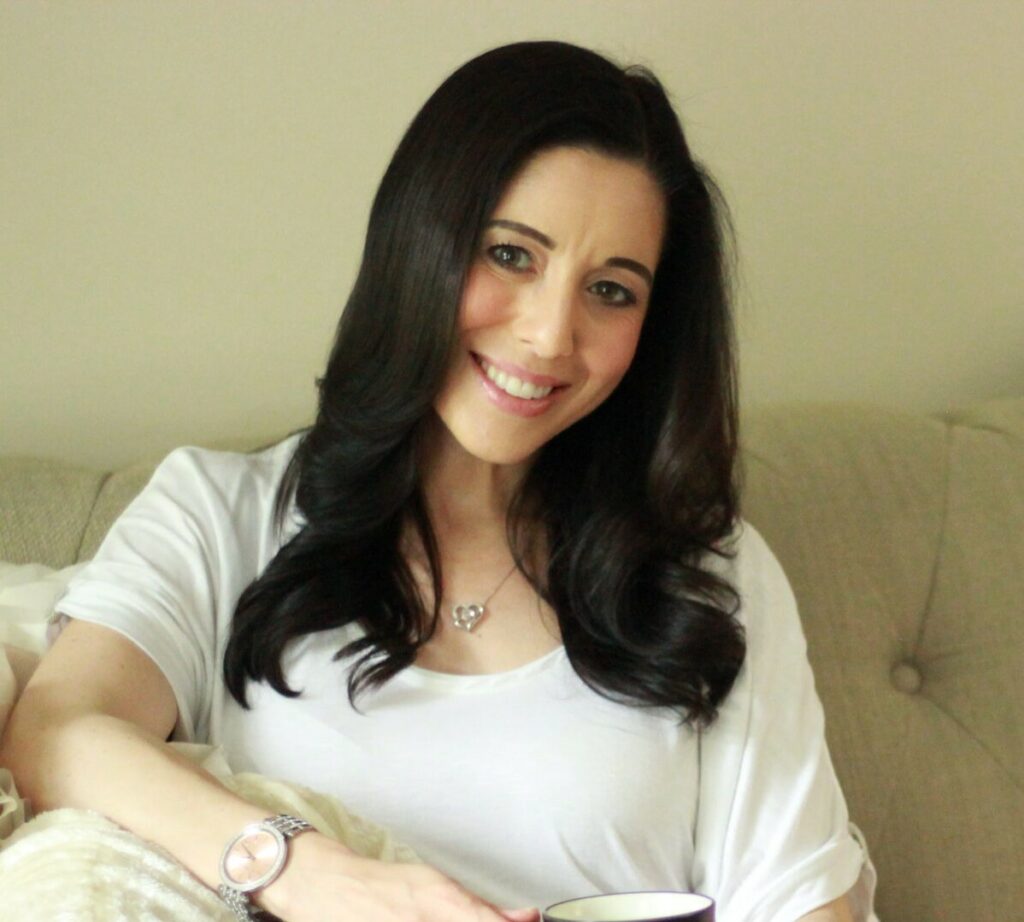Couples relationship therapy is undergoing a paradigm transformation, moving away from being a last-resort effort to save relationships on the brink of collapse and towards a proactive approach for maintaining and enhancing healthy partnerships. This shift is driven by evolving societal attitudes, increased accessibility to therapy, and a greater understanding of the importance of healthy relationships.
In a recent interview on the Mastering Counseling Podcast,, Nadyne Busichio, through her expertise and experience, offers valuable insights into the field of couples relationship therapy and counseling.
Debunking Misconceptions
A common misconception about couples relationship therapy is that it takes one partner’s side. Many clients approach therapy with a fear of bias. However, Busichio emphasizes that her role is to be a neutral third party, building trust with both partners equally. Transparency is key, ensuring that no one feels isolated or attacked, which allows for a safe space to explore issues.
Another prevalent misconception is that therapy is only for relationships on the verge of collapse. In reality, many couples and individuals seek therapy to strengthen their connections, gain a better understanding of their partners, and develop healthier ways of relating to one another. Couples therapy can be an investment in the relationship’s future, rather than a last-resort solution.
The Shifting Landscape
The field of relationship therapy is evolving in response to the changing needs of individuals and couples. One driving force is the reduction of stigma surrounding mental health. Society is becoming more accepting of seeking help for relationship challenges, which encourages more people to consider counseling as a way to strengthen their bonds.
Additionally, the COVID-19 pandemic forced the therapy industry to adapt rapidly. The transition to virtual sessions increased accessibility to therapists, making counseling more convenient for clients. Virtual sessions have now become an essential part of the therapy landscape, ensuring that people can access counseling from the comfort of their homes.
A Multi-Dimensional Approach
The future of couples relationship therapy is expected to be more diverse and inclusive, taking into account the unique needs and backgrounds of individuals. Multicultural and social justice counseling competencies will become essential as the field recognizes the importance of cultural sensitivity.
Training programs for counselors will need to provide intentional mentoring and professional development, ensuring that therapists are well-prepared to navigate the complexities of diverse relationships and backgrounds. Clients should be able to see counselors who reflect their experiences, which will be vital for recruitment strategies in universities.
The Counselor’s Role
The success of counseling hinges on the qualities of the counselor. Being genuinely interested in others, self-reflective, and empathetic are key traits for a therapist. A sense of humor is also important, as it can create a more relaxed and relatable environment for clients. While counselors guide clients through challenging issues, it’s crucial for therapists to maintain their own well-being and seek counseling when necessary to prevent burnout.
Counselors play a pivotal role in helping clients build healthier relationships, but they do not fix the relationships themselves. Clients must be active participants in the process, taking the tools and insights gained in therapy and applying them to their daily lives.
Seeking Help is a Sign of Strength
The interview with Nadyne Busichio sends a message of hope and encouragement to those hesitant about seeking counseling. It emphasizes that relationships, whether with partners, family members, friends, or coworkers, significantly impact mental and physical health. Seeking help and investing in the maintenance and improvement of relationships is a sign of strength, not weakness.
The field of relationship therapy is evolving, with therapy becoming more accessible, diverse, and proactive. Whether you’re an individual looking to improve your relationships or considering a career in counseling, the future holds promise for building healthier, more fulfilling connections, provided you’re willing to roll up your sleeves and do the work.








